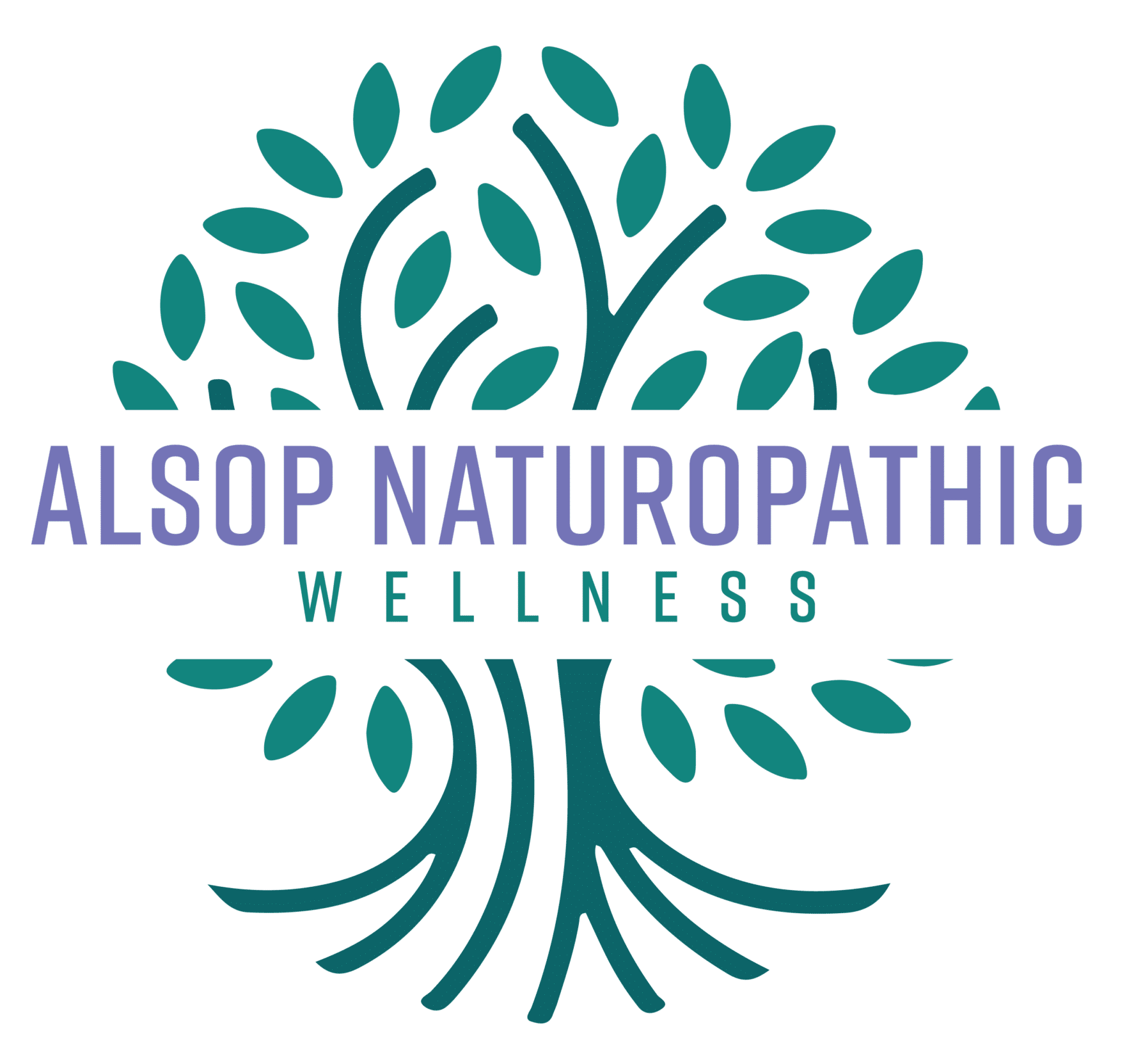Frequently Asked Questions

What is the difference between an ND and an MD/DO?
Should my ND replace my conventional doctor?
What is the difference between an ND and a MD/DC/DO, etc who practices “functional medicine,” or advertises themselves as “holistic?”
Why aren’t NDs licensed nationwide? Why aren’t NDs licensed in (my state)?
Why do I need an ND? Can’t my local health store clerk answer any questions I might have?
How can I tell if an ND is legitimate?
Why do you refer to me a “client” and not a “patient?”
Most conventional (and many naturopathic) doctors refer to the people they serve as patients. We feel the word “patient” implies a certain passive approach to health that consists of a patriarchal doctor figure who tells you what to do and “knows what’s best.” At Alsop Naturopathic Wellness, our focus is to make you feel both educated and empowered-an equal partner in the realization of your ideal health. We use the word “client” because we don’t ever want to lose sight of our purpose: to serve you by giving you the tools and education you need to reclaim your vitality. Don’t ever hesitate to tell us how we can serve you better!
What is the difference between a Naturopathic doctor and a homeopath?
NDs frequently get mistaken for homeopaths, but homeopathy is a practice that, while taught in Naturopathic medical school, is far from the only modality that Naturopathic doctors have to offer. Homeopathy is the treatment of disease using the principle, “like cures like.” Homeopathic prescriptions involve the ingestion of a substance that has been diluted so many times, none of the original substance remains. This is radically different from typical nutritional supplementation or botanical medicine. Use of homeopathy as a treatment option for patients varies amongst NDs- some practices have a significant emphasis on it, and others don’t use it at all. At Alsop Naturopathic Wellness, we strive to recommend mainly clinical and evidence based options, therefore, we very rarely use homeopathy, unless a patient specifically requests it.
